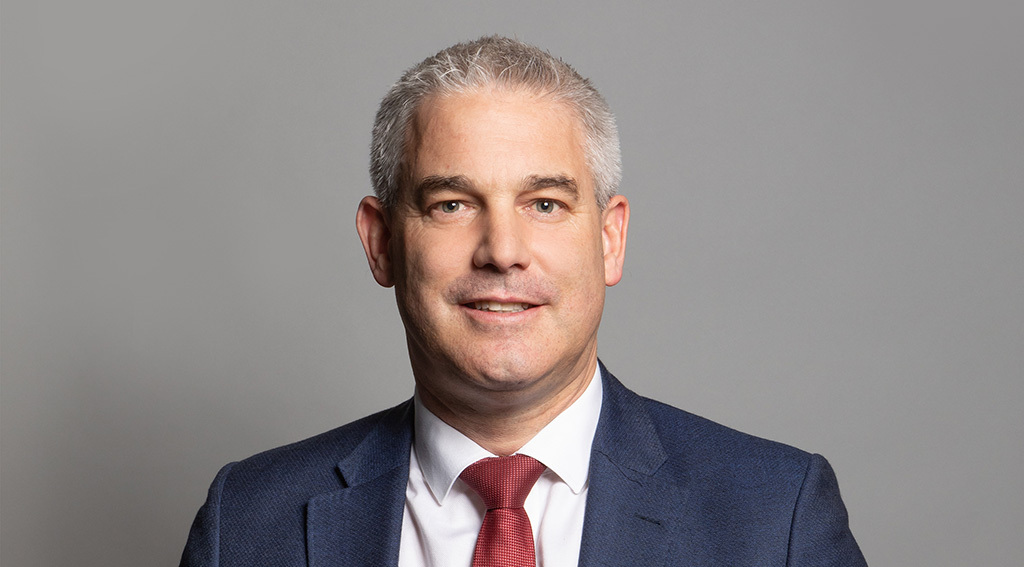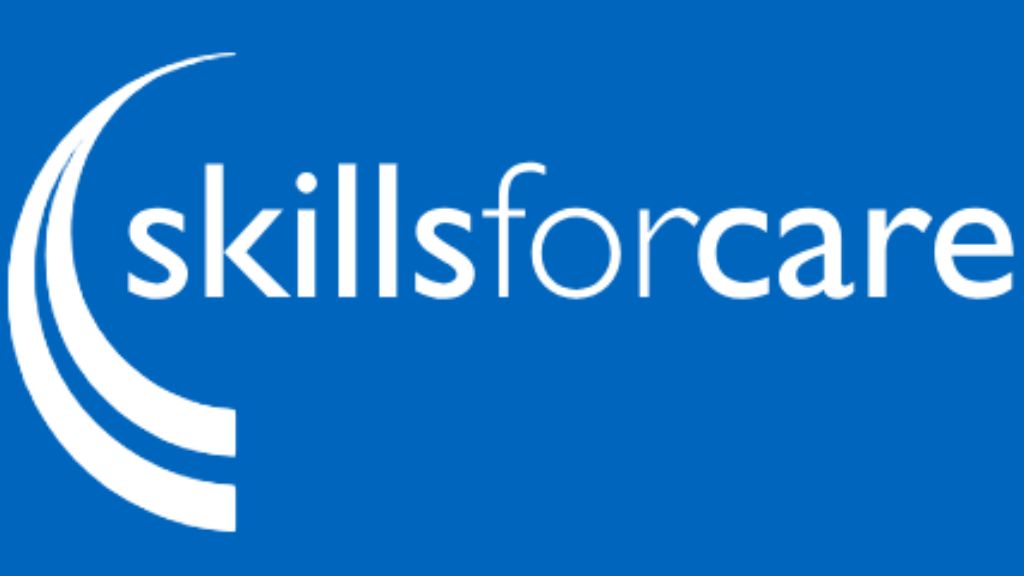Health secretary Steve Barclay advises care sector to hire migrant workers rejected by NHS for lack of language skills
Health Secretary Steve Barclay has suggested tackling the recruitment crisis in the care sector by hiring staff from countries including India, the Philippines and Sri Lanka.

In his first interview in the post, Barclay told the Telegraph he had instructed civil servants to “work at pace” to help offset the “very serious challenges coming down the track in the autumn” and meet extra demand caused by seasonal flu, another Covid-19 wave and the cost of living crisis.
These factors, as well as the 105,000 posts currently vacant in social care, are expected to increase wait times, with just six in 10 patients dealt with at A&E within four hours, according to predictions by civil servants.
Therefore, Barclay said he would not wait for the appointment of a new prime minister to start making decisions, including a recruitment drive, which aims to bring thousands more healthcare workers to Britain in the coming months.
Barclay’s initiative will target countries like India, Sri Lanka and the Philippines that typically produce more nurses than they need, but he also suggested recruiting foreign workers with nursing qualifications but who do not speak English well enough to pass the NHS front-line requirements.
The language requirement for working in care is set independently of the government and is lower than that specified for employment in hospitals. Midwives, hospital doctors, GPs and nurses must submit passing results in either the International English Language Test System (IELTS) Academic or the Occupational English Test (OET), as well as prove their understanding of England.
Care staffing shortages have a knock-on effect on hospitals, as patients are unable to be discharged, which means beds are not being freed up.
“A big part of my focus has been giving a lot more ministerial time to looking at the issues on delayed discharge, on social care recruitment,” said Barclay.
“If there’s pressure on the system and that requires more beds in the community, those beds need the workforce to go with them.”
This comes following the government lifting the cap on healthcare visas from last December in an attempt to overcome NHS shortages, a move which has already made a significant difference with 75,963 people granted visas in the 12 months up to March, compared with 14,016 the year before.
According to the latest government figures, most NHS staff in England are currently British. However, about 15% report non-British nationality; India provided 32,476 workers to the UK health sector last year, followed by 11,102 from Nigeria and 9,510 from the Philippines. Foreign workers need to pass the English requirements and have a job offer from a recognised employer with a salary of at least £20,480 to secure a visa.
“The proposal by Steve Barclay to hire migrant workers rejected by the NHS for lack of language skills is ill thought out and poorly conceived,” said independent dementia consultant Jenny Henderson. “It shows a complete lack of understanding of skilled workforce necessary in care homes. Most of all it shows a complete lack of understanding of the complexities of communicating with people with dementia as the illness advances where good communication skills is essential.
“As an ex-trainer of care home staff from experience, it is almost impossible to meet the staff’s training needs when a lack of English skills creates a barrier to understanding. Management in care home also requires a clear understanding of English. Once again care homes are viewed as a second rate service who can work with people who fail to make the grade for the NHS. We should not and must not allow this to happen – caring for the very old and vulnerable members of our society is complex and requires the very best for too long the sector has been starved of cash and support let’s not make their job any harder.”
Do you agree that the social care sector should take staff who do not match the NHS’s language requirements? Have your say – email [email protected] or contact Caring Times through our social media channels.




